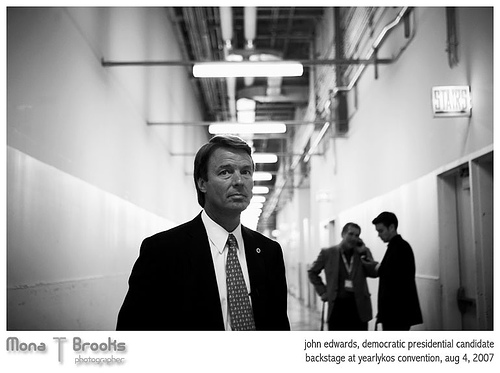Yesterday I attended the latest seminar in the ESRC Ethics and the ‘War on Terror’ series. The focus was the human dimension of the war. Human rights specialists, military officers, a military chaplain and academics debated current experiences of soldiers and their families, of those arrested and deported under new anti-terror legislation, and explored the ethical responses open to us as citizens. One paper dealt explicitly with the role of media in these processes. Andrew Hoskins spoke of a moral obligation to remember that is often presented to news audiences around the time of memorialisations of old and recent wars and catastrophes. He argued that new media technologies have enabled a speeding up of memorialisation. While every village in Britain may have had a memorial built some time after World War I, today we remember through media, and massive digital archives and mobile media technologies mean we have an overabundance of witness testimony and moving images of recent events. Hence the 7/7 London bombings of July 2005 were memorialised comprehensively one year on, but by July 2007 there was not much left to say. 9/11 is not an event for historians, Hoskins argued; we have already had all the documentaries and retrospectives we need for us to know what happened.
But what does this mean in a war on terror context, when both that ‘war’ and the 2003 Iraq War seem to be without end? It seems we cannot wait for a point in the future that is sufficiently distant to allow for retrospective analysis. This logic was explored in an exhibition at the Institute for Contemporary Arts (ICA) last year, which invited artists to create memorials to the ongoing Iraq War – to remember an event that was still going on. So is the moral obligation to remember now one that holds before wars have ended? If so, memorialisation is not part of retrospective political debates over the meaning of events, but part of the ongoing scrutiny and contestation of how events are proceeding and how policy might be changed. The rapid acceleration of memorialisation to the point it occurs within the timeframe of the event memorialised means that very memorialisation can alter the course of the events themselves.

This logic can be carried further. In Television and Terror, Hoskins and I investigated how media now explore how events play out even before they occur – and even if they never occur; how the 7/7 London bombings were so extensively trailed through ‘scenario documentaries’ and TV dramas that citizens, emergency services and political leaders were already familiar with the event as it unfolded. Ethical questions emerge here too: do we have a moral obligation to respond to these predicted or ‘pre-mediated’ events? Is this another way in which media technologies alter the temporality of political contestation in the post 9/11 era? And do we have a duty to debate and shape the development of media technologies themselves which are transforming politics in these ways? There is a need to explore these questions if we are to respond ethically and effectively in this new environment.
The seminar series is organised by Gillian Youngs, Simon Caney and Heather Widdows. The next seminar will be held in Birmingham on 14 March, where the focus will be multiculturalism and the war on terror.


